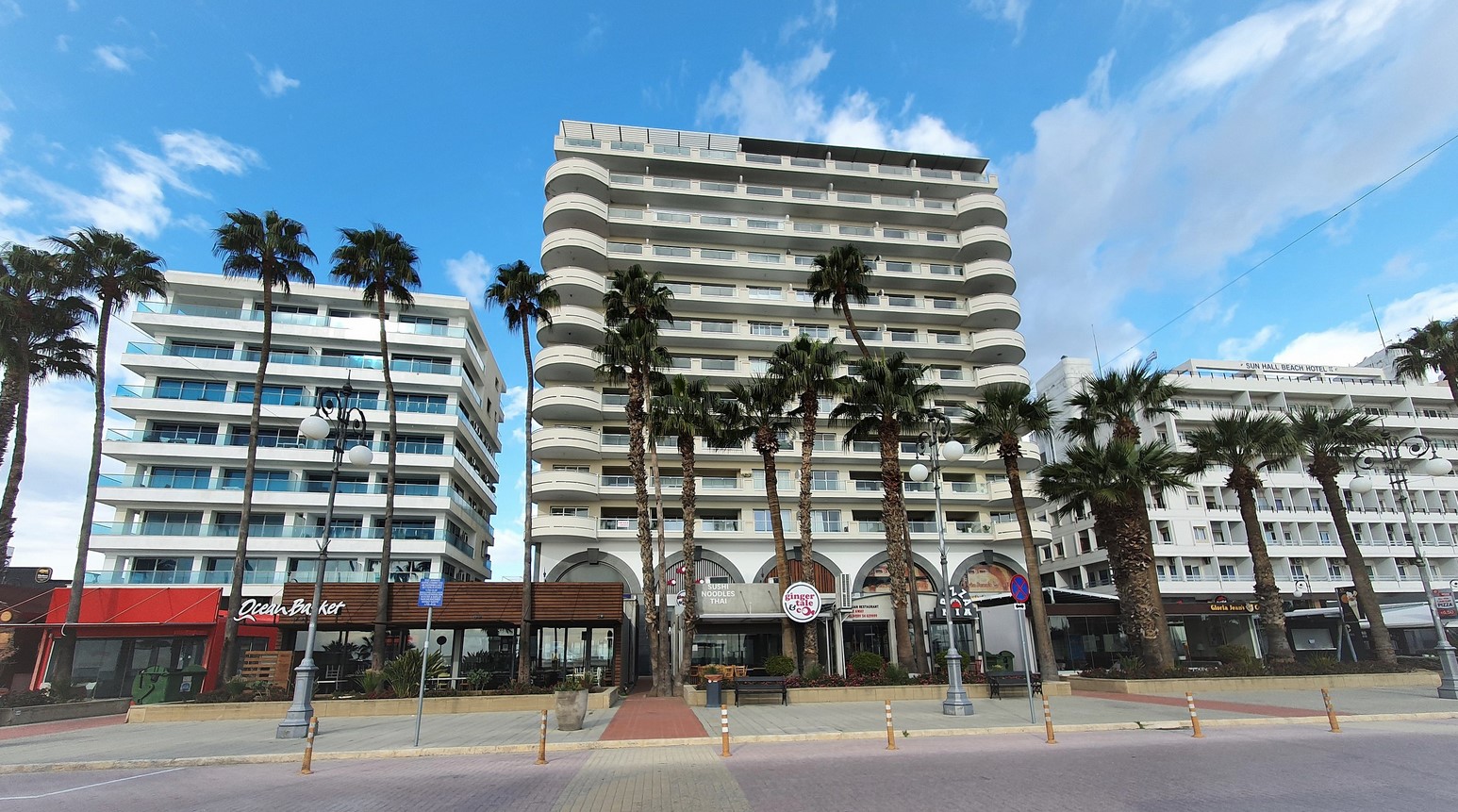Based on Land Registry data published this week, the ten most expensive transactions nationwide totalled €18.4m.
The highest-value deal was the €3.3m sale of a plot in Engomi, Nicosia. Paphos dominated the top 10 list with four sales, followed by Limassol with three, Nicosia with two, and Larnaca with one.
In district terms, Limassol narrowly led the high-end market with €11.4m in its top 10 transactions, representing 26 per cent of the national total.
Paphos followed closely with €11.1m (25.3 per cent), while Nicosia reached €10.8m (24.7 per cent).
Larnaca recorded €6.3m, accounting for 14.4 per cent, and Famagusta trailed with €4.2m.
According to Elena Damianou, a member of the Centre’s team, the aim is to simplify processes, reduce delays, and provide a coordinated approach through the collaboration of three main bodies.
She mentioned that these bodies are the Strategic Developments Sector (SDS) of the Department of Urban Planning and Housing, Invest Cyprus, and the Business Facilitation Unit (BFU) of the Ministry of Energy.
Speaking to the CBN outlet, she explained that “This integrated approach is designed to provide more streamlined, coordinated and accessible services, ultimately improving the overall experience for both domestic and international investors.”
In the short term, the Centre is expected to offer practical support and stimulate business activity.
In the long term, it will contribute to stronger innovation, employment, and economic resilience. A ministerial committee will oversee its operation and propose further measures as needed.
Held in the heart of the City, the event, titled ‘Cyprus: a gateway for global investment and strategic cooperation’, brought together business leaders, investors, and policymakers to discuss Cyprus’ evolving investment landscape.
Addressing the gathering, Minister of Energy, George Papanastasiou stressed the importance of a more tailored investment approach.
“Today our goal was to convey the message that Cyprus is interested in British investors coming to Cyprus and seeing what is innovative at the moment,” he told CNA.
He added that Cyprus’ presence at the event was “more targeted towards what Cyprus offers British investors,” noting that “this is how we should act in the future. We should now go to every country we go to in a targeted manner. Our presentations should be tailored to the needs of the audience we are addressing.”
The number of unemployed people was 26,161 (men 12,338, women 13,823), compared to 29,102 people (men 14,926, women 14,176) and an unemployment rate of 5.8 per cent in the same period of 2024.
According to the Labour Force Survey results for Q1 2025, the labour force totalled 519,433 people, or 64.4 per cent of the population (men 275,358 (69.8 per cent), women 244,075 (59.3 per cent)).
This marks an increase from 505,963 people (men 259,196 (68.9 per cent), women 246,767 (60.6 per cent)) recorded in the same quarter of last year.
More than 1,700 students across Cyprus have participated in financial literacy lectures delivered by the Cyprus Securities and Exchange Commission (CySEC), according to an official statement from the commission.
The initiative, part of Global Money Week 2025, concluded its most recent series of lectures with strong engagement and widespread participation in both primary and secondary schools.
Over the past two months alone, more than 600 students took part in interactive sessions presented by CySEC officers.
These sessions introduced students to fundamental concepts of financial literacy.
They were taught the value of saving, how to manage money wisely, and the importance of making responsible financial decisions.
Secondary school students were also given more in-depth guidance on recognising and avoiding the risks associated with the internet and social media.






Click here to change your cookie preferences